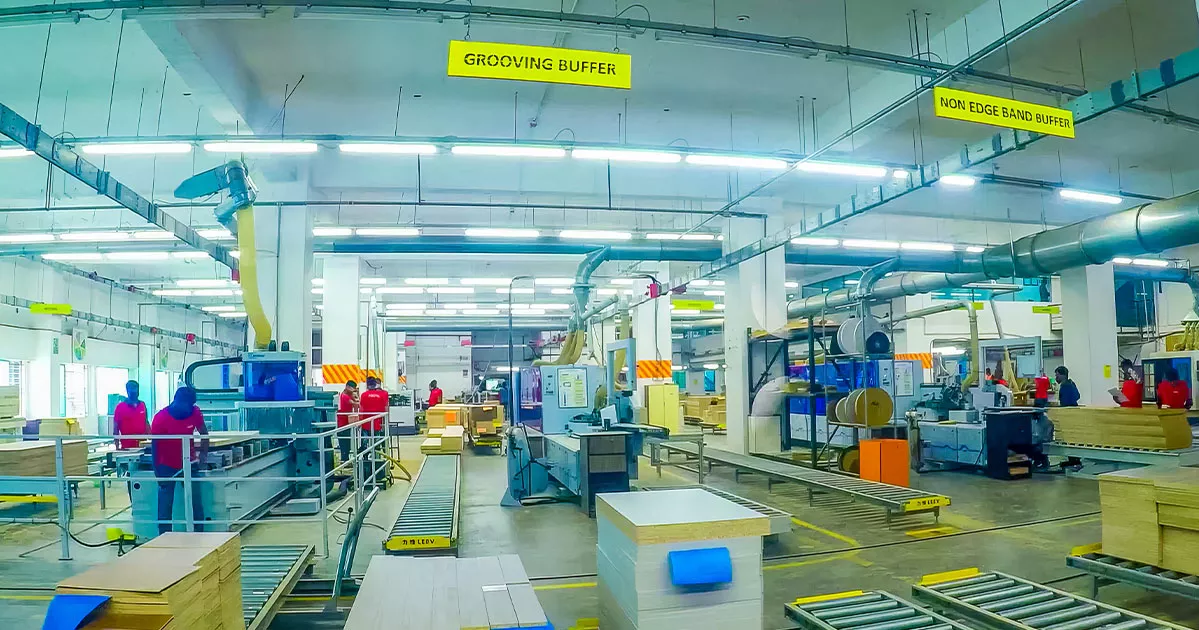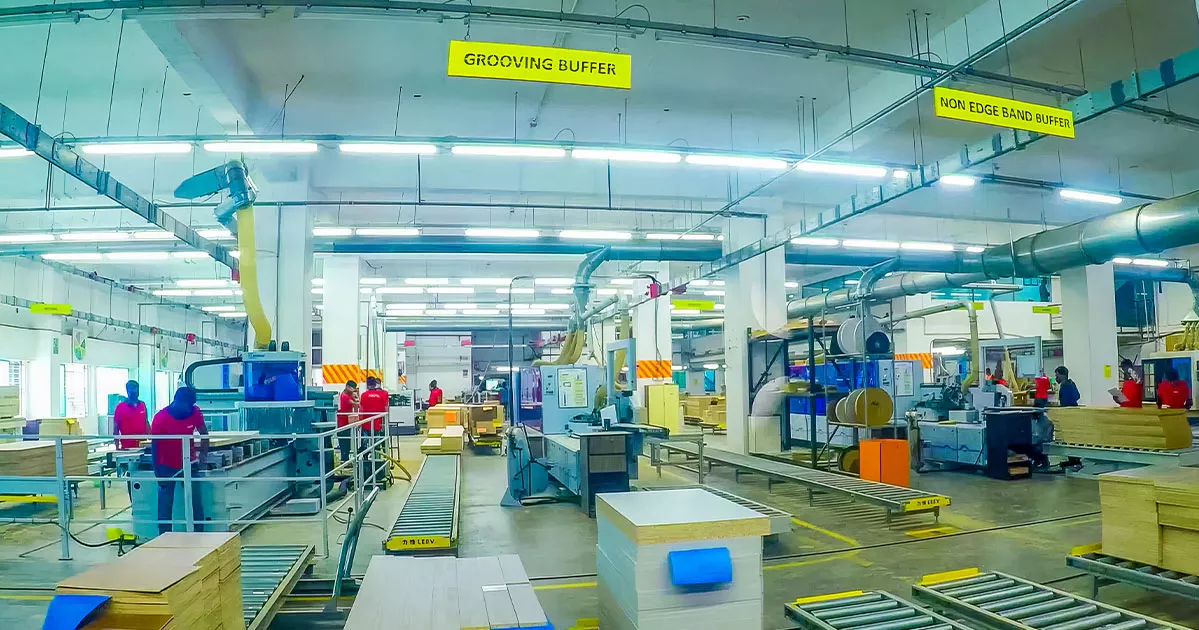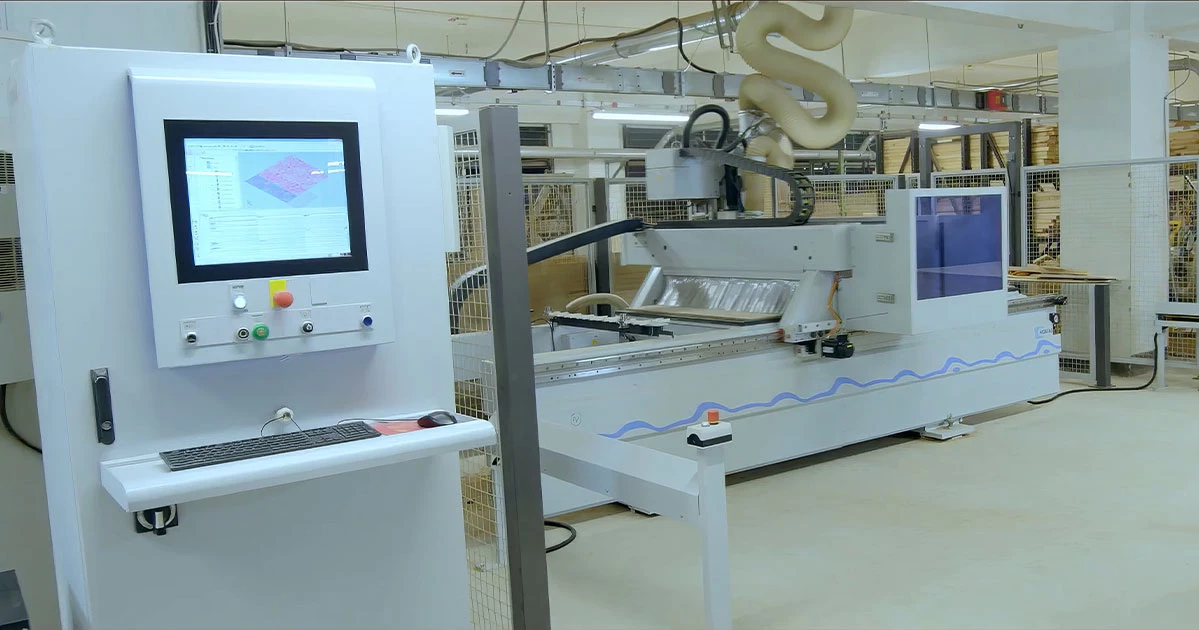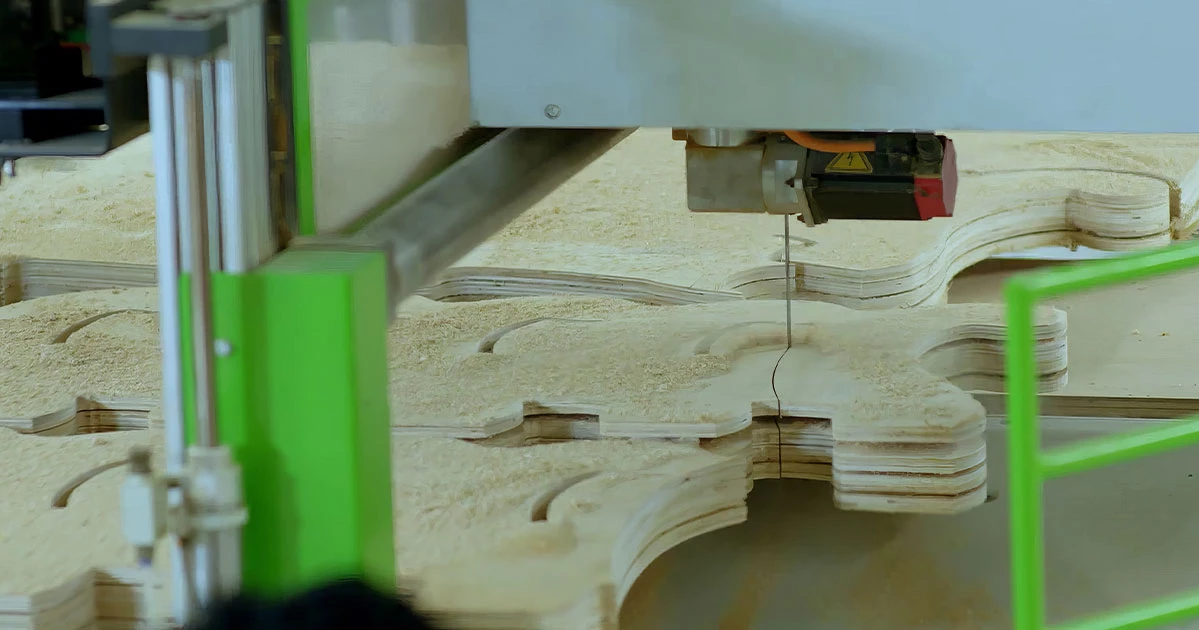Commitment towards sustainability at the heart of HATIL Furniture: Company Secretary Md. Rezaul Karim
- UNB NEWS
- PUBLISH- NOVEMBER 02, 2023, 12:41 PM
- FAIAZE IBNE KABIR
- UPDATE- NOVEMBER 02, 2023, 01:14 PM
HATIL's Company Secretary Md. Rezaul Karim's exclusive interview with UNB
Company Secretary of HATIL, Md. Rezaul Karim
ndc, has affirmed that the renowned furniture brand is firmly dedicated to working towards its sustainability commitment to the environment.
“When we talk about a sustainable industry, there are some criteria to ascertain whether the company or the industry is sustainable. The first
criterion is environmental sustainability, which includes practices like sustainable sourcing, recycling and reusing of waste,” Md. Rezaul Karim ndc, told UNB during an exclusive interview.
During the interview, the
HATIL Company Secretary shared his deep admiration for the nation’s foremost furniture brand, shed light on the brand’s path to sustainability, and a glimpse into its sustainable practices.
One of the most notable sustainable practices at HATIL revolves around the sourcing of one of its most vital raw materials: wood.
“HATIL is committed to sustainability in terms of sourcing raw materials from overseas. For example, we don’t use local timber to manufacture our furniture as quality wood is not available. Initially, we used to source oak wood from Forest Stewardship Council (FSC) certified forests in Canada. Now, we source FSC-certified Beech wood from Germany and pine wood from Spain. Our use of FSC-certified wood aligns with our commitment to environmental preservation,” Md. Rezaul Karim ndc, said. At the same time, HATIL is reducing deforestation in Bangladesh where forests are below minimum standards.
A product being certified by the Forest Stewardship Council means it meets the “gold standard” of ethical production.
An FSC-certified forest, from where HATIL sources its wood, means that the forest is being managed in a way that preserves biodiversity and benefits the lives of local people and workers, while ensuring economic viability, according to the Forest Stewardship Council website.
Read more:
HATIL’s ‘slim is smart’ has global appeal: Marketing Director Moshiur Rahman
‘REDUCE WASTE, MAXIMIZE PRODUCTIVITY’
One of HATIL’s key strategies to achieve maximum efficiency is embodied by the motto: “Reduce waste, maximize productivity.”
But how does HATIL do that?
“Well, if we want to reduce waste, we need to introduce better technologies, in other words, better machinery which would, in turn, enhance our overall productivity. The process also included recycling and reusing the waste,” the HATIL company secretary said.
He also provided some insights into HATIL’s recycling and reuse policy to reduce waste.
“For example, we have installed a Coral Anti-pollution System to collect dust in HATIL. We collect dust from every piece of machinery. Then we recycle it and turn it into briquettes. We use the briquettes as fuel for our Thermo fluid heater,” he said, adding, “This is one of the examples of how we recycle our waste and reuse it in HATIL.”
HATIL also recycles and uses wood offcuts to manufacture particle boards, he added.
Karim stressed the need to cease actions that harm the environment.
“This holds true for the furniture industry as well. We must ensure that we are not contributing to deforestation in any manner, and we should strive to minimize our wood usage as much as possible,” he added.
Read more:
Commitment to quality behind HATIL’s success: Director Mahfuzur Rahman
Md. Rezaul Karim ndc, Company Secretary of HATIL
COMMITTED TO ENSURE EMPLOYEE WELL-BEING
HATIL is always dedicated to ensuring the well-being of its employees, said Md. Rezaul Karim ndc.
“We provide competitive salary packages and enhanced retirement benefits. We consistently pay our workers on time and offer comprehensive healthcare support in the event of a workplace accident," he told UNB.
Being the country’s biggest furniture brand, HATIL also respects its commitment towards economic sustainability, according to the company secretary.
“In terms of economic sustainability, HATIL is fully compliant with tax and VAT payments. We adhere to and obtain all the international and national licenses and certifications necessary for conducting business. We are also contributing to the country’s overall economic growth,” he added.
Apart from the company’s commitment towards environmental sustainability, HATIL is also committed to promoting and continuing its sustainable practices towards the society and economy, emphasised the company secretary.
HATIL has a ‘zero-tolerance’ policy towards child labour and promotes gender inclusivity in its workplace, Md. Rezaul Karim added.
Read more:
Bangladeshi furniture industry needs reforms to reach its full potential: HATIL Chairman Selim H. Rahman
FOUNDING CHAIRMAN’S VISION BEHIND HATIL’S ASTRONOMICAL RISE
For Md. Rezaul Karim ndc, it was the late Al-Hajj Habibur Rahman, the founding chairman of H.A. Timbers Industries Limited and his son Selim H Rahman, the current chairman of HATIL, whose vision and commitment to innovation led HATIL Complex Ltd to its current position.
“He was a visionary man with a great reputation,” Karim said about the founding chairman.
“Habibur Rahman was a leader who always thought of everyone, not just about himself. His vision was ‘us’ not ‘me’. He believed in collective development,” said the company secretary.
“One thing I would like to mention is that our founding chairman was not only a visionary businessman but also a good father and a good mentor. He mentored five of his sons and provided hands-on training on how to do business, how to earn money, and how to spend money,” he said.
Meanwhile, since the inception of HATIL under the leadership of Selim H Rahman, the company has achieved new heights, driven by his unwavering commitment to diversification and innovation, highlighted by the company secretary.
Selim H Rahman, from the early days of his involvement with H.A. Timbers Industries Limited, was driven by a desire to diversify the business beyond timber.
With his father’s approval, he ventured into door frames and doors, which drew significant attention from traditional timber customers.
The introduction of ready-made products piqued customer interest, eventually leading to the establishment of HATIL as we know it today.
“Selim H Rahman initially started with a small team of 6-7 staff and took on multiple roles, managing operations, production, and marketing single-handedly,” said Karim.
The structure of families was transitioning from large and extended to nuclear families who were shifting into small apartments in Dhaka. With this transition, there was a growing demand for furniture,” he said, adding, “Responding to changing preferences, the current chairman, Selim H Rahman, introduced a ‘slim is smart’ design approach tailored to apartment living, shifting from traditional and bulky furniture to minimalistic and space-efficient styles.”
HATIL factory
AUTOMATION IN THE DRIVING SEAT
As HATIL’s operations, demand, and recognition expanded, so did its workforce. The company, which initially started with only 6 -7 staff members, now employs nearly 3,000 workers.
In 2004, due to increasing demand and the struggle to meet the growing production needs, HATIL decided to expand its operations.
This marked the beginning of the construction of HATIL’s factory in Gazipur.
According to Md. Rezaul Karim ndc, while design played a significant role in HATIL’s success, another key driver was the incorporation of advanced technologies into its manufacturing processes.
“HATIL used to craft its furniture through a manual process, particularly because of intricate details that required a human touch, such as engravings. However, in order to meet the increasing demand and changing preferences, HATIL implemented semi-automation, then automation and now our production involves the use of robots,” he said.
According to Mr. Karim, HATIL also employs a time-based production system to minimize any time-related losses.
“The system was implemented on the advice of foreign consultants to enhance the efficiency of production and supply management. To ensure efficient time management, our German consultants assisted us in designing the machinery layout in our production factory,” he said.
Md. Rezaul Karim ndc, formerly the Director General, of the Digital Security Agency of the Ministry of ICT, traced back his involvement with HATIL during a project that was undertaken by the government to digitize Hajj management.
Following his retirement, Mr. Karim, a long-time admirer of the country’s top furniture manufacturer, joined HATIL as the company secretary and has been an integral part of the company’s ongoing journey.
During the interview, Karim also discussed the challenges confronting the company and the brand’s expectations in overcoming them.
“As a nation, we are resilient. Similarly, the HATIL family is also resilient. We know how to tackle challenging situations,” he said, referring to the challenges caused by the Covid-19 pandemic and the Russia-Ukraine war.
“We have formulated forward-looking plans with exports as our key priority. Our aspiration is to export our products to 20-30 countries around the world by 2030,” he said, emphasizing the necessity of policy support by the government to achieve that goal.
Read more:
Automation behind HATIL's most significant transformation, says Director Shafiqur Rahman
HATIL factory















